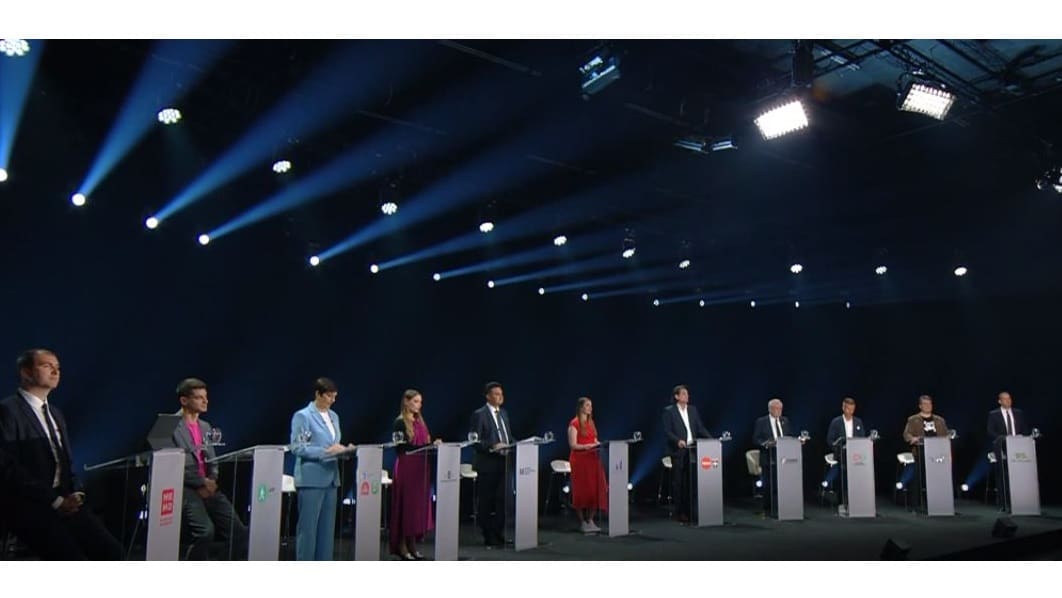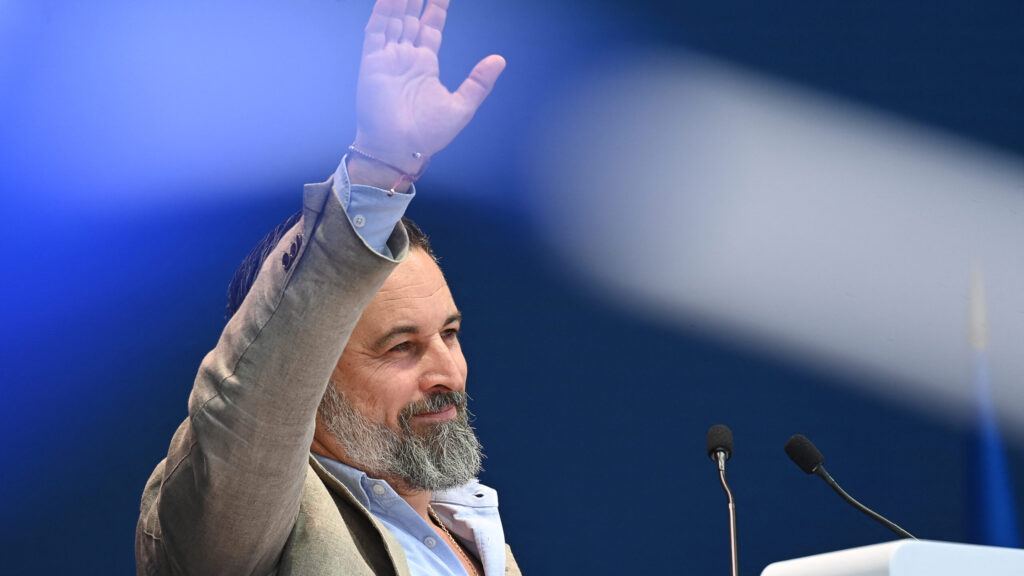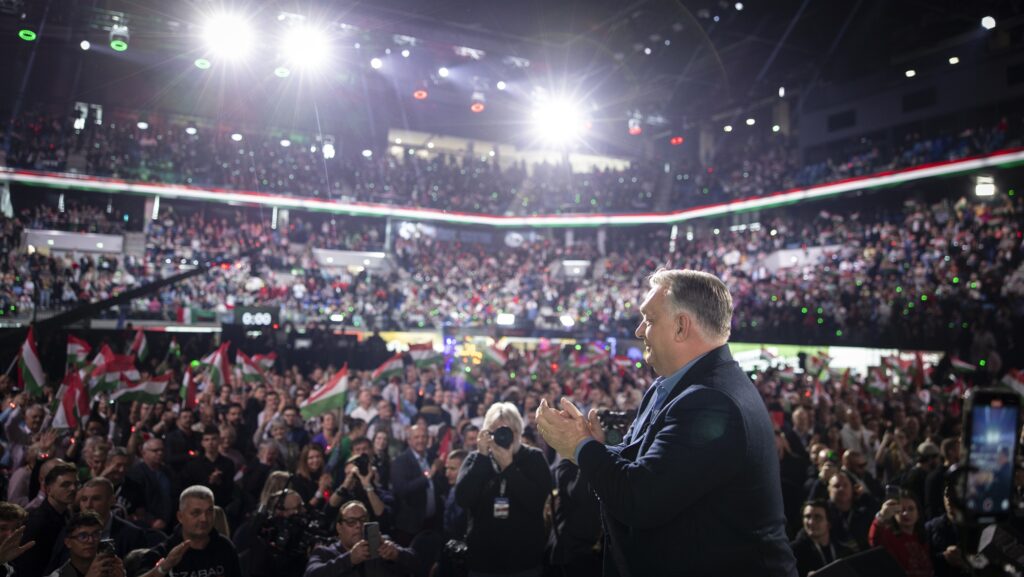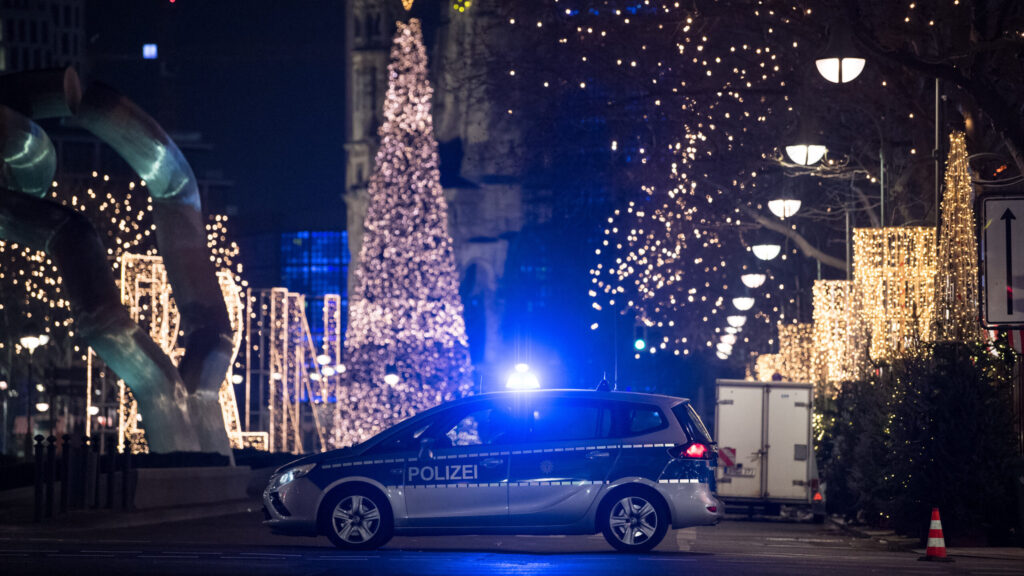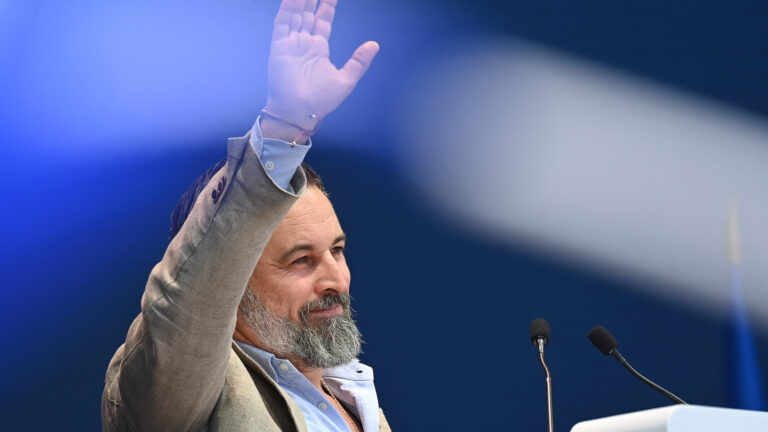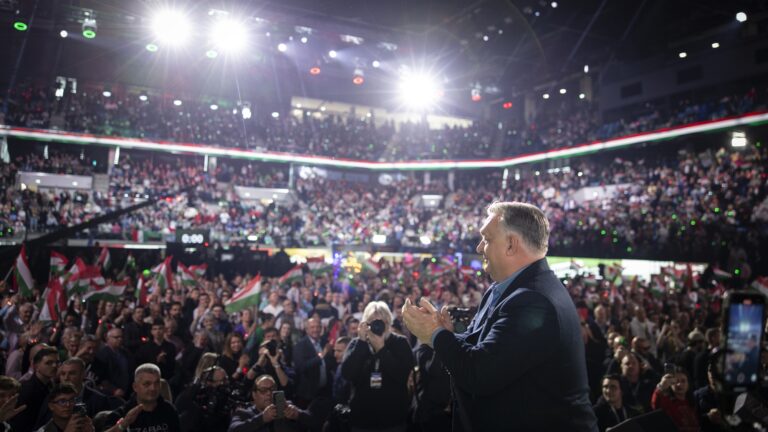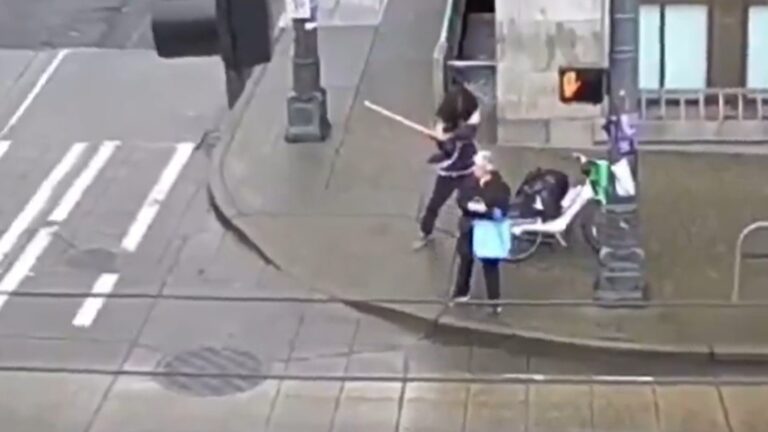One EP candidate each from all eleven parties that qualified for the ballot for the 9 June European Parliamentary elections appeared at the debate hosted by the Hungarian public television M1 on Thursday, 30 May. This was the first organized political debate on Hungarian public television since 2006. The format was rather restrictive, with each candidate given eight minutes of speaking time.
However,
having one representative from each party in the same room does have some symbolic significance for Hungarian democracy.
The venue for the event was the Castle Garden Bazaar in Budapest.
Of the eleven candidates, Tamás Deutsch, MEP for the ruling Fidesz-KDNP coalition; Klára Dobrev, MEP for the opposition Democratic Coalition (DK) and wife of former Prime Minister Ferenc Gyurcsány of Hungary; László Toroczkai, MP for the far-right opposition party Our Homeland (Mi Hazánk); and Péter Magyar, candidate for the Tisza Party, a new entrant into Hungarian politics with a large following, are the four candidates consistently polling above the five-per-cent parliamentary threshold.
Due to the format, the participants could only interact with each other in the closing segment with one minute assinged to each, so the entire night panned out as a series of monologues. As such, we did not get any bombshell revelations or memorable quips from anyone—in other words, the entertainment value of the production was not very high. The Two-Tailed Dog Party (MKKP), constantly going back and forth between committing to being a joke party and having a serious platform, delegated comedian Imre ‘Bruti’ Tóth, who did get some decent pre-prepared jokes in, however, it is unlikely they would go through vicariously in an English translation.
The format also did not leave any room for the moderators to show any bias in the hosting of the debate, despite what the opposition parties feared.
And, by opposition, we mean ten out of the eleven participants. Fidesz MEP Deutsch was the target of by far the most attacks, coming from every direction. However, since they were all read from pre-prepared statements, with barely any room in the format to respond, they did not have much of an edge.
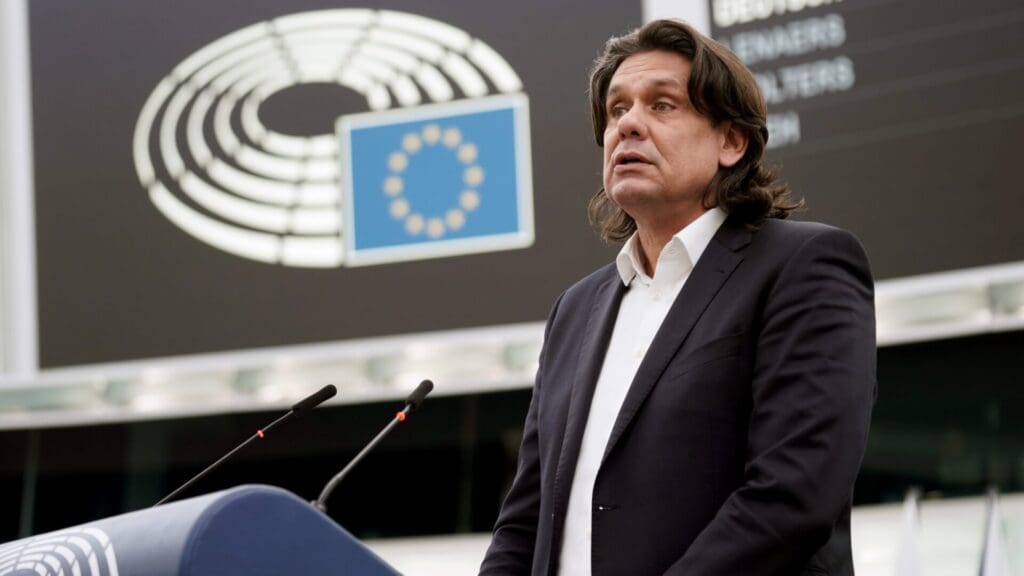
What stuck with me personally most as mildly entertaining or memorable moments of the debate had nothing to do with politics, and did nothing to sway my vote one way or the other. One was Momentum MEP Anna Donáth’s Hungarian version of a ‘valley girl’ accent, something I have never heard from a native speaker before. Alas, she lost her accent partway through the debate and started talking like a normal person again, significantly reducing my interest in what she had to say. The other thing that got me engaged is Our Homeland’s Toroczkai’s constant plugging of his YouTube channel. I was half-expecting him to ask me to ‘smash that like button,’ subscribe, and turn the notification on in the style of a 2010s’ YouTuber. His efforts resulted in 43,000 views for him, as of the time of writing this article.
Another semi-interesting takeaway was how much the opposition candidates agree with Fidesz’s main agenda points.
Multiple candidates, including Péter Magyar and 2022 opposition PM candidate Péter Márki-Zay stressed that everyone in Hungary is pro-peace; and all who spoke on the subject condemned mass illegal migration as well. MEP Deutsch countered this in his closing arguments by saying that it does not matter what the candidates purport to stand for during the campaign, once they are elected, they will serve the interest of their financiers, accusing the other parties of taking large sums of donations from the Soros-network and other foreign donors.
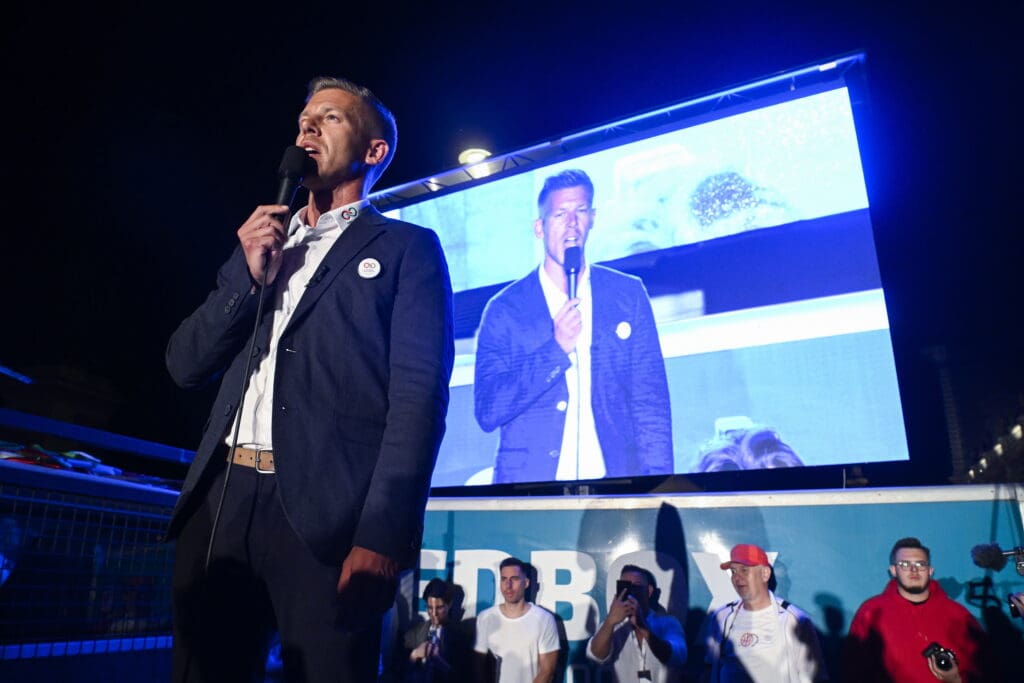
Klára Dobrev of DK did offer some uniquely left-wing talking points, talking about the strengthened European Union she wants to see. However, this time, she stopped just shy of mentioning ‘the United States of Europe’ she often talks about in her campaign videos.
Péter Magyar, the ally-turned-foe of Fidesz who burst into the scene in recent months, failed to stand out of the crowd in the evening.
The moderators noted how respectful the participants were of the rules; with no interruptions or running overtime with their speeches. The one half-hearted attempt to speak out of turn was made by Márki-Zay, who tried to make a point to Deutsch near the end of the debate, but quickly retreated. It does have some positive effect to see political opponents act so civilly with each other. However, it also subtracted from the entertainment value of the debate; and the performances were less persuasive as well, less likely to have enough impact to change somebody’s vote.
Overall, I believe the most important aspect of the debate concluded when all the participants arrived in the venue: that is, having someone from each qualified party be in the same room, talking to (or, rather, next) to each other in a (mostly) civil manner, in a nice, although not too exciting, political theatre performance.
Related articles:

